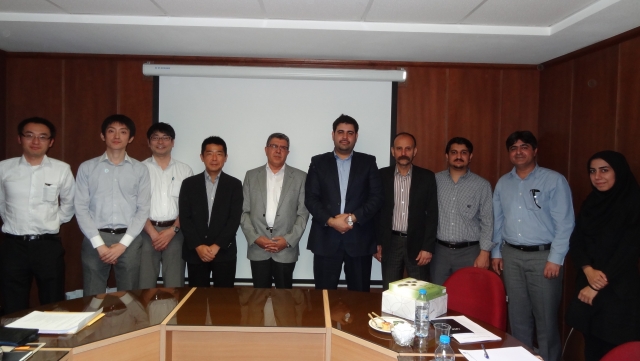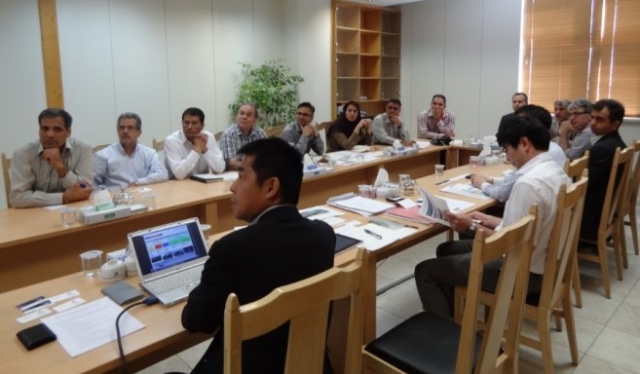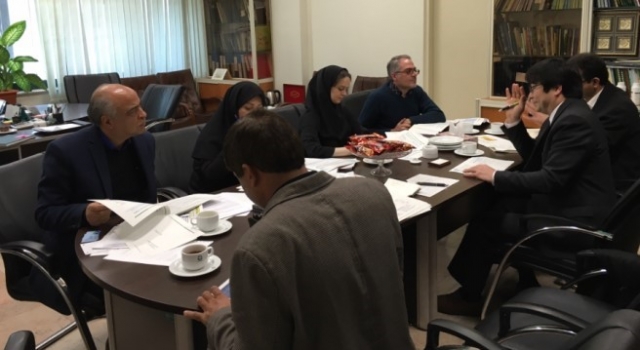- HOME >
- Experiences >
- Field Experiences >
- Middle East >
- Study on the Feasibility of the Business Opportunity for Advanced Production Technology in Chlor-Alkali Industry
Study on the Feasibility of the Business Opportunity for Advanced Production Technology in Chlor-Alkali Industry
- Client:
- Kanematsu Corporation
- Country:
- Islamic Republic of Iran
- Year:
- August 2016 – February 2017
In the Islamic Republic of Iran (Iran), the strain of electric power demand and the need to reduce greenhouse gas emissions have become an increasingly urgent issues. Petrochemical, one of the key national industries, consumes vast amounts of energy. In particular, the electrolysis process to manufacture caustic soda and chlorine using antiquated mercury method consumes enormous amount of electric power, there is a need to introduce a power efficient alternative such as; an ion-exchange membrane method to save energy and reduce the burden on environmental load. Iran is a signatory to the “Minamata Convention on Mercury (Minamata Convention), Article 5 of which specifies a ban on the use of mercury in the manufacturing process of caustic soda and chlorine by 2025.
Under such circumstances, this survey was conducted aiming to examine the feasibility of introducing the high-efficiency ion-exchange membrane electrolysis system of a Japanese manufacturer to Iranian caustic soda and chlorine manufacturers seeking to convert their manufacturing method from the mercury method.
The following activities were also carried out in this survey.
· Coordination with local stakeholders
· Investigation and consideration of the environmental and social aspects
· Investigation of the Iranian petrochemical industry
· Investigation of the Iranian executing agency/company
After activation of Minamata Convention, appropriate management of mercury wastes will be demanded more and more. Through this study, we hope to contribute in the proper management of mercury wastes in oil and gas industry in future.
(This survey was conducted by Kanematsu Corporation in association with the joint implementation companies, Asahi Glass Co., Ltd and Japan Oil Engineering Co., Ltd., and was commissioned by the Ministry of Economy, Trade and Industry as a part of “Economic Partnership Projects in Developing Countries in FY2016”.)
Regions
Copyright© Japan Oil Engineering Company Ltd. (JOE), All Rights Reserved








